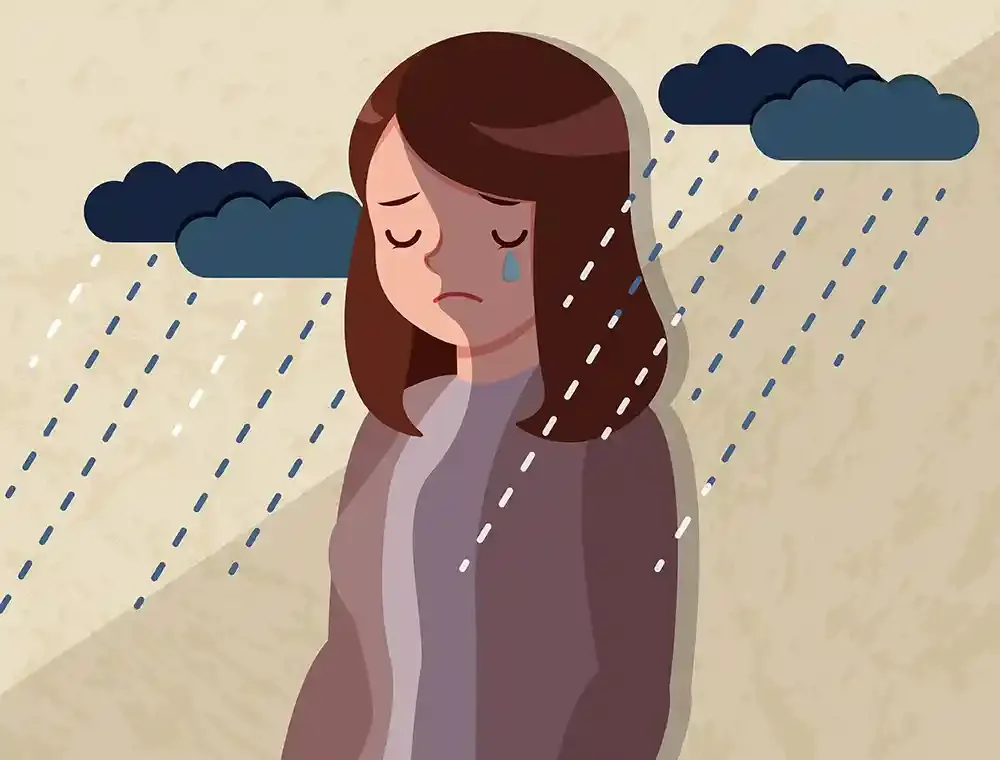
Depression Therapy in Culver City
Depression can leave you feeling exhausted, disconnected, or stuck. I provide compassionate depression therapy in Culver City to help you regain motivation and feel like yourself again.
Individualized Depression Counseling
Depression shows up differently for everyone. You may be dealing with:
Persistent sadness or emotional numbness
Burnout, low motivation, or fatigue
Difficulty concentrating or making decisions
Changes in sleep or appetite
Feelings of hopelessness or self-criticism
In therapy, we work together to understand what’s contributing to your depression and develop tools that support real, lasting change.
Recognizing Symptom of Depression
Depression is more than just feeling sad. It’s a complex mental health condition that affects your thoughts, behaviors, and daily life. Symptoms can include:
Persistent sadness or emptiness
Loss of interest in things you once enjoyed
Fatigue or lack of motivation
Difficulty concentrating
Feelings of worthlessness or guilt
Sleep or appetite changes
Thoughts of self-harm or suicide
Who Can Experience Depression?
Depression impacts people of all ages, genders, and backgrounds. If you recognize symptoms in yourself or loved ones, please reach out. Seeking help is a courageous first step.
“Standing alone today demands even more courage and strength than it did in former cultures. From infancy, children have been programmed to perform. Rather than living from their own needs and feelings, they learn to assess situations in order to please others. ”
FAQs
Your Questions About Depression Answered Here:
Depression is a complex condition stemming from genetic, biological, environmental, and psychological influences. Life events such as trauma or chronic stress can also trigger or worsen symptoms. That is why understanding the origins is crucial for effective treatment.
What causes depression?
How do I know if need therapy for depression?
If you feel persistently sad, hopeless, unmotivated, or withdrawn for more than two weeks, therapy could help. Other signs include changes in sleep or appetite, trouble concentrating, or loss of interest in things you once enjoyed.
Does therapy really help with Depression?
Yes. Research consistently shows that therapy — especially Cognitive Behavioral Therapy (CBT) and other evidence-based approaches — is effective for treating depression. Many people experience significant improvement, especially when therapy is combined with other treatments like medication or lifestyle changes.
How long does therapy for depression usually take?
It depends on the person and the severity of depression. Some improve in as few as 6–12 sessions; others may need several months or more. It’s not always a quick fix — but with consistency, it often helps.
Can I do therapy and take medication at the same time?
Yes, and this combination is often the most effective for moderate to severe depression. I often work alongside psychiatrists or primary care doctors.
Still Have Questions?
Reach out for personalized support


